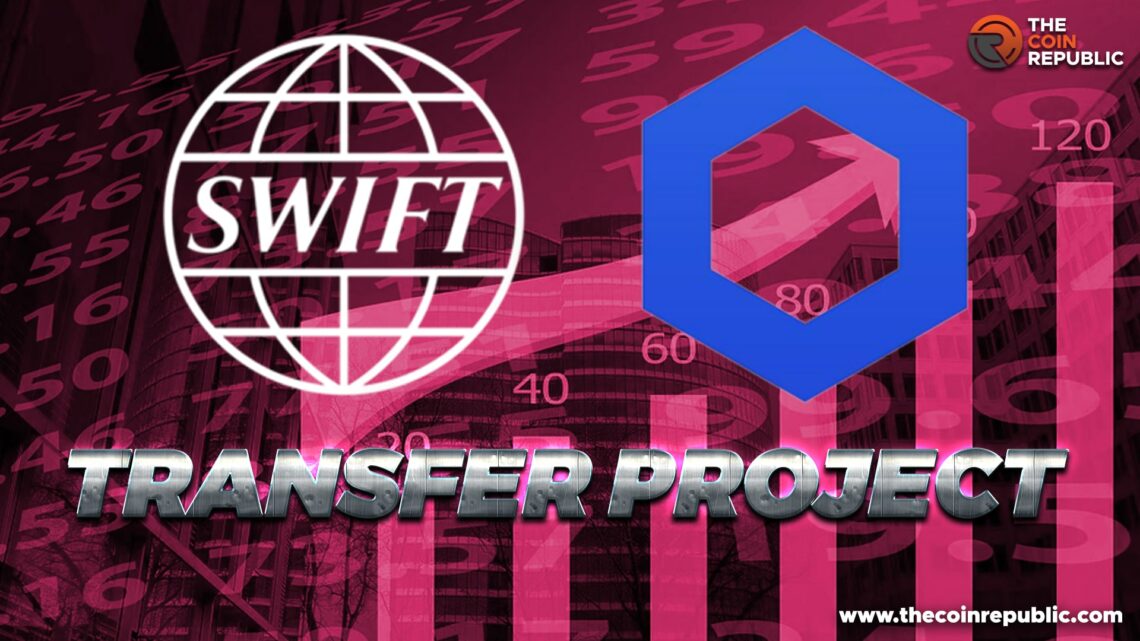- The project will connect SWIFT’s network to every blockchain
- This project will allow traditional finance players access to digital and traditional assets
- The system recorded an average of 44.8 million messages per day
The price oracle provider Chainlink (LINK) and the interbank messaging system SWIFT have joined forces to work on a proof-of-concept (POC) project that would enable conventional financial institutions to transact across blockchain networks.
On September 28, Chainlink co-founder Sergey Nazarov and SWIFT strategy director Jonathan Ehrenfeld Solé made the project’s announcement at the company’s SmartCon 2022 Conference in New York.
Transactions on SWIFT’s network can take several days
Solé stated at the conference that institutional investors have undeniable interest in digital assets, adding that these traditional finance players want access to both digital and traditional assets on a single platform.
The POC makes use of Chainlink’s Cross-Chain Interoperability Protocol (CCIP), which makes it possible for SWIFT messages to instruct token transfers across nearly every blockchain network.
According to Nazarov, this will accelerate the use of distributed ledger technology (DLT) blockchains in traditional finance and capital markets.
The most widely used platform for traditional cross-border fiat transactions is the SWIFT interbank messaging system, which connects over 11,000 banks worldwide.The system received an average of 44.8 million messages each day in August.
On the other hand, the completion of SWIFT transactions can take several days. To speed up payments, the company has been looking into DLT, blockchain, and central bank digital currencies.
ALSO READ: Cashout Allegations Denied By Do Kwon
SWIFT’s operations will continue to evolve from its current form
Chainlink added that this partnership with SWIFT enables financial institutions to gain blockchain capability without having to replace, develop, and integrate new connectivity into existing systems—something that, according to Chainlink, would necessitate significant modifications at an “exceptionally high” cost.
At a panel discussion on CBDCs in May, Mastercard CEO Michael Miebach said that he doesn’t think SWIFT will be around in five years. This is probably because CBDCs are becoming more and more competitive for cross-border payments and settlements.
Mastercard later retracted the statement, pointing out that Miebach was merely implying that SWIFT’s operations will continue to develop from their current state.

Andrew is a blockchain developer who developed his interest in cryptocurrencies while pursuing his post-graduation major in blockchain development. He is a keen observer of details and shares his passion for writing, along with coding. His backend knowledge about blockchain helps him give a unique perspective to his writing skills, and a reliable craft at explaining the concepts such as blockchain programming, languages and token minting. He also frequently shares technical details and performance indicators of ICOs and IDOs.


 Home
Home News
News










